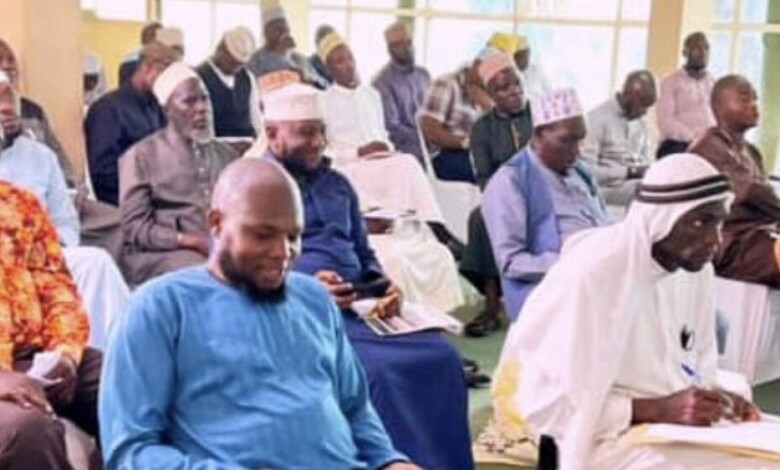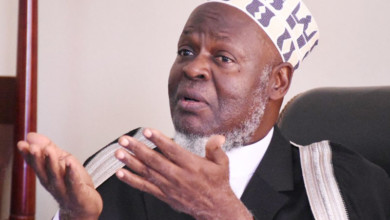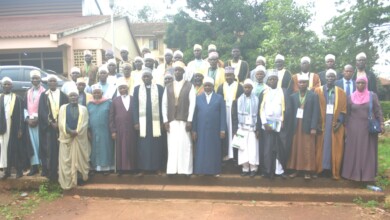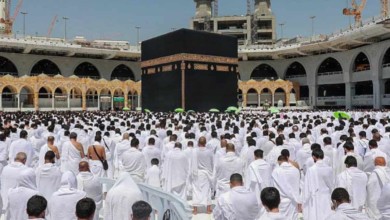Hajj Bureau warns Muslims against drug trafficking

By Abdul-Wahid Kakande
The Uganda Bureau of Hajj Affairs (UBHA) has warned Muslims intending to make the pilgrimage to Mecca this year against involving themselves in drug trafficking.
Sheikh Zakariyah Kyewalyanga, the UBHA chairperson, stated that Saudi Arabia is very strict when it comes to drug trafficking, and anyone who indulges in it will face severe consequences.
Kyewalyanga issued the warning while announcing the roadmap for this year’s pilgrimage to Mecca at the organization’s offices in Mackay Building, Kampala, on Monday.
“We have received reports of some pilgrims engaging in drug trafficking. I would like to warn pilgrims against this practice because Saudi Arabia has strict laws on drug trafficking, and anyone who violates these laws will face the consequences,” Kyewalyanga said.
Kyewalyanga also warned Muslims against carrying friends’ luggage, noting that it is one of the tactics drug traffickers use, often causing problems for their unsuspecting colleagues.
“Never agree to carry someone else’s luggage, even if they are from the same family or village. Always keep guard of your luggage to avoid being trapped in drug trafficking. If you are caught, you will face the consequences alone,” Kyewalyanga warned.
Under Saudi Arabian law, a person found guilty of drug trafficking or smuggling narcotic substances faces the death penalty.
For this year’s pilgrimage, Kyewalyanga said Uganda has been allocated 1,700 slots, and registration for intending pilgrims will close on March 15.
“We urge Muslims intending to make the pilgrimage to Mecca this year to register by March 15. Otherwise, they may miss out, as Saudi Arabia has issued new guidelines regarding visa issuance, which are very strict about deadlines,” Kyewalyanga said.
Regarding fraudulent practices, Kyewalyanga encouraged intending pilgrims to ensure they only use firms registered with UBHA. This way, in case of fraud, UBHA can not only revoke the firm’s license but also help pilgrims recover their money.
Hajj is the fifth pillar of Islam, and every Muslim with the financial means is required to undertake the pilgrimage at least once in their lifetime.
Hajj takes place approximately two months after the celebration of Eid al-Fitr, which marks the end of the holy month of Ramadan.
Hajj rituals include circumambulating the Qabah and walking between the hills of Safa and Marwa seven times, covering approximately 3.15 kilometers, as well as the slaughtering of animals.






